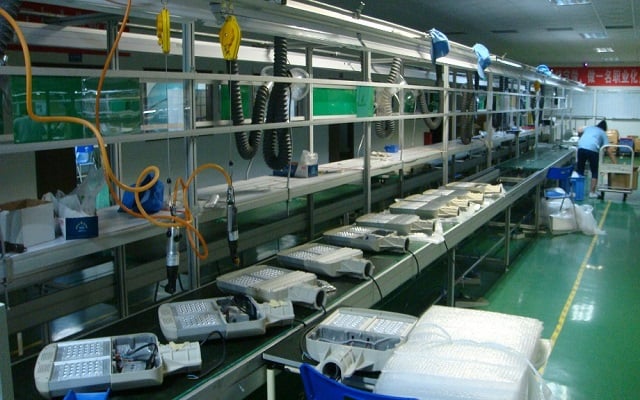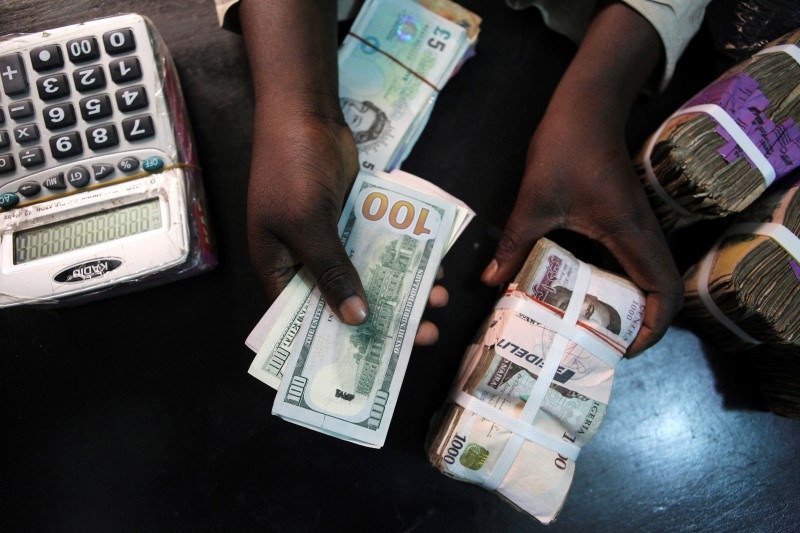Governance & Policy
Regulations, laws, directives and policies, that affect African startups, the financial sector, telecoms, cyber security, among others. It’s unpredictable nature either enables, stifles or is neutral on innovation
Top stories

Kenya has opened its first smartphone assembly plant in Athi River, Machakos, to produce low-cost 4G-enabled phones. Retail pricing for the devices starts from KSh 7,499 ($49.81).

Nigeria’s tech space has come a long way since 1960, and while we have innovative individuals and companies to thank, there wouldn’t be a tech space without some policies, 12 of which you can find in this article.

@FMoCDENigeria has unveiled plans to equip 3 million Nigerians with tech skills. It plans to retain 1.5 million in the country, while the remaining can explore global opportunities.

The Somali government has announced that it will ban TikTok, Telegram, and 1Xbet, an online betting site, to combat and stop indecent activities and propaganda for extremism.

The Kaduna State government has signed a law domesticating the Nigeria Startup Act. But how effective will that be in driving the development of startups in the state?

Bosun Tijani steps into a landmark role as Nigeria’s Minister of Communications. From managing expectations from different parts of the tech industry to navigating bureaucratic red tape, his challenges are multifaceted.

Kobo 360 founder, Obi Ozor, has been sworn in as the Commissioner for Transport in Enugu state a week after Bosun Tijani was included in President Bola Ahmed Tinubu’s ministerial list.

Senegal has cut off Internet access in the country to curb the spread of “hateful social media messages” on social media.

A judge has suspended Kenya’s Finance Act after some lawmakers filed a suit challenging its constitutionality.

The Central Bank of Nigeria (CBN) recently announced it would be operating a floating exchange rate. In this article, we explore its potential impact on venture capital investments in the country.

The Ugandan government has partnered with the World Bank to provide Internet access to Uganda’s refugee communities. This collaboration will reportedly help over 1.5 million refugees improve their digital and employability skills.

Safaricom and Jamii Telecommunications have partnered with China’s mobile device dealer, Shenzhen, to support the establishment of a low-cost smartphone manufacturing facility in Kenya.

Somalia has taken one more step towards improving digital payments with the launch of a QR code standard.

Pesapal’s attempt to have a $1.65 million tax charge dismissed has failed after a Kenyan tribunal struck out its appeal.

Several banks and institutions in Nigeria have paid over N200 million to the Federal Government as penalties for violating the data privacy of Nigerian citizens.

As part of ongoing reforms at the Central Bank of Nigeria, domiciliary account holders can now withdraw up to $10,000 daily.

We’ve seen explainers on the CBN’s naira float, so it’s time to start asking questions. The apex bank floated the naira in 2016, and it failed woefully. What happened then, and how’s the 2023 iteration going to be different?

Every day, companies around the Internet collect data on Nigerians with little to no safety precautions. That is about to change as Nigeria’s President signs a data protection bill into law. Here are some key highlights companies and individuals will find interesting.

Nigeria has floated the naira, so banks and other forex players can now trade freely. Official exchange rates have fallen to a historic ₦664/$1. Here’s what the naira float means for you, your bank, and your fintechs
